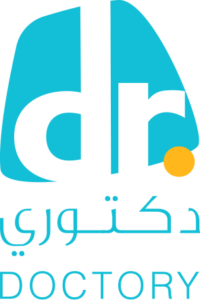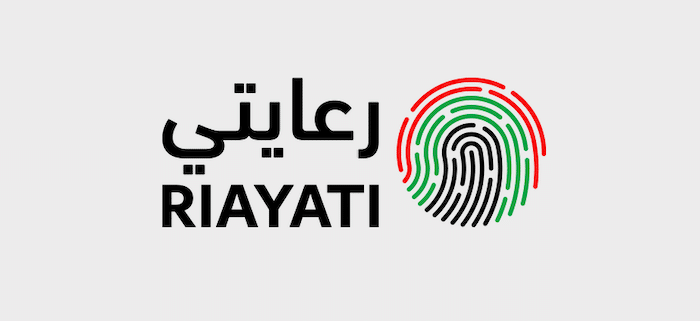Developed and managed by Pure Health, the Ministry of Health and Prevention’s Riayati aims to provide a centralised medical record for “every citizen and resident” in the Gulf country.
Credit: MoHAP
The United Arab Emirates (UAE) is on track to launch its National Unified Medical Record (NUMR) platform in 2021, the country’s Ministry of Health and Prevention (MoHAP) has confirmed.
Called Riayati, the NUMR system is set to connect 3,000+ UAE public and private sector healthcare providers, with the aim to be able to efficiently share data in real-time throughout the country. This week, MoHAP announced it is now working with the Department of Health (DoH) Abu Dhabi and the Dubai Health Authority (DHA) to put into place the “final preparations to link Riayati with all other affiliate medical records – including Nabidh and Malaffi.”
Riayati has been developed, operated and will be managed by leading healthcare solutions provider, Pure Health.
“The health data exchange platform, Riayati comes as part of MoHAP’s strategy to develop health information systems, apply international standards in the infrastructure management of health facilities, and to develop the proper technology for the management of the population’s [health],” said Awad Saghir Al Ketbi, Assistant Undersecretary of the ministry’s Support Services Sector. “It also falls within the NUMR which constitutes a digital health platform for showcasing updated data of patient records and offering innovative solutions in the fields of automation, health data management, and telemedicine services.”
He continued: “The implementation of Riayati – and its linkage to both Nabidh and Malaffi – will help create a national unified record for patients accessible by health care professionals across the country, thus making the UAE one of the leading countries globally in the adoption of the latest healthcare technologies.”
THE LARGER CONTEXT
First unveiled at Arab Health 2018 by HH Sheikh Mohammed bin Rashid Al Maktoum, Vice-President and Prime Minister of the UAE and Ruler of Dubai, Riayati is part of the national “UAE Vision 2021” which includes offering “better healthcare to UAE residents”.
Adnan Asif, who currently serves as Pure Health’s Chief Technology Officer, said at the time: “The NUMR programme will connect public and private sector healthcare providers across the UAE to create a secure way to access and share the right health data with the right people in real time.
“Pure Health will be responsible for working with all relevant government and private sector entities to connect every hospital, clinic, pharmacy and patient medical records on a centralised database system. The platform will be leveraged to perform population health analytics and provide insight to the clinicians so that better healthcare can be provided to the population of the country.”
ON THE RECORD
Hamed Ali Al-Hashemi, Director of Strategy at the DoH Abu Dhabi commented: “We are extremely pleased to participate in such a vital initiative, which will enhance healthcare coordination care and help provide critical data in emergency cases for screening and treatment.
“Emergencies, such as the COVID-19 pandemic, pose unprecedented challenges to the healthcare community, while the adoption of modern technologies remains one of the most important factors that help empower the healthcare sector to get through this crisis. And certainly, the ability to seamlessly share patient information is extremely beneficial for healthcare professionals.”
Meanwhile, DHA’s IT director, Klaithem Al Shamsi added: “We are proud to implement this innovative initiative that will greatly benefit the UAE population. The implementation of the Riayati initiative will help connect medical care providers in the public and private sectors to provide a smooth patient care experience.
“Easing clinical workflow and improving the quality of treatment is a crucial factor in meeting the growing demands. This will generate new and firm insights and improve the quality of care and medical outcomes.”
Source: Health Care IT News





